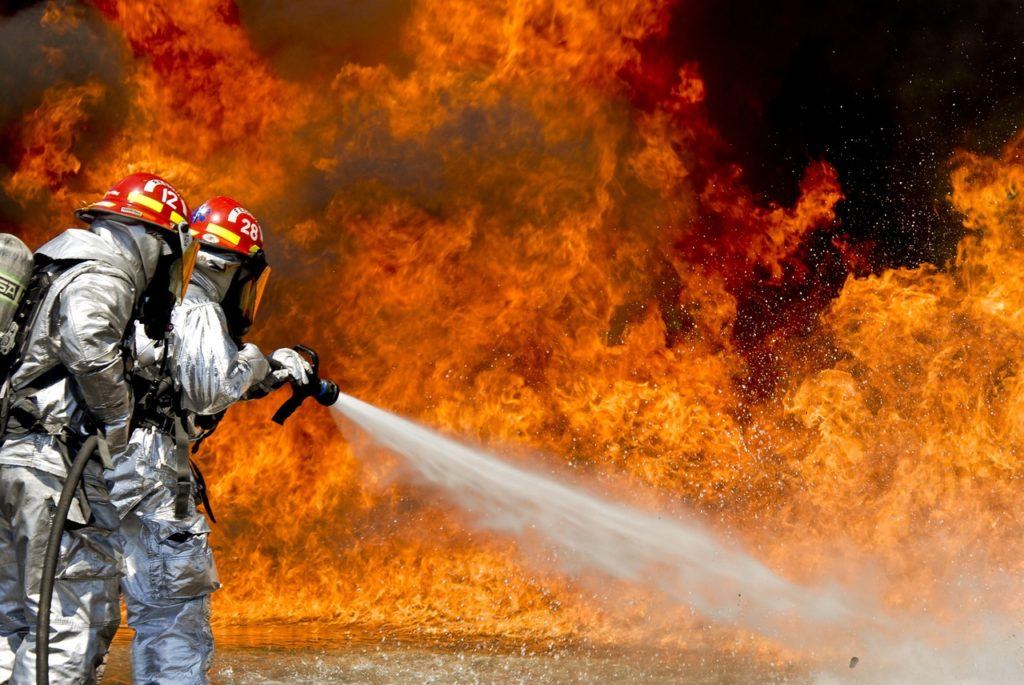3 Frequent Causes of Furnace Fires
10/26/18

Furnace maintenance is a top priority for any wise homeowner. Getting your HVAC system serviced promotes better efficiency and ensures that your heating bills remain as low as possible. Also, basic furnace maintenance can improve the safety of your system by reducing the risk of fire.
Unfortunately, few homeowners recognize all of the ways in which an under-serviced furnace can lead to fires. If you would like to improve your knowledge of furnace safety — and of the importance of scheduling regular service visits — keep reading. This article takes a closer look at three common causes of furnace fires.
1. Clogged Air Filter
All residential furnaces contain an air filter, which has two key roles to play. First, the air filter ensures that the air entering your home remains free from unwanted debris such as dust, pollen, and pet dander. Second, the air filter protects the delicate internal components of your furnace from the same substances.
You need to change your air filter regularly; otherwise, the filter becomes excessively clogged with debris. A clogged air filter greatly restricts airflow. As a result, the furnace struggles to draw the necessary amount of air into the system. The blower motor ends up running for much longer periods of time, making it prone to overheating.
Any overheating furnace component is a serious problem. If temperatures climb too high, components such as the blower motor may catch on fire. To minimize the risk, hire a professional HVAC contractor to inspect and replace your furnace’s air filter on a regular basis.
2. High Gas Pressure
A furnace requires a precise combination of gas and air to generate safe and efficient combustion. A clean air filter ensures that your air supply remains adequate, but safe combustion also has to do with the pressure at which the gas flows into the furnace’s combustion chamber.
Gas pressure must be correctly regulated to avoid problems. Too little pressure may lead to unwanted condensation inside of the heat exchanger — a problem that leads to accelerated rates of corrosion. On the other hand, high gas pressure leads to excessive heat production inside the furnace.
The components inside of a furnace have strict tolerances when it comes to the amount of heat they can withstand. Exceeding these limits puts various parts of your system at risk of fire. In particular, high temperatures can cause soot on the walls of a heat exchanger to combust. Such fires can easily spread to other parts of the system.
3. Cracked Heat Exchanger
The heat exchanger allows the heat produced by your furnace to transfer itself to the air of your home. Meanwhile, the toxic exhaust gases produced by combustion remain safely encased in the heat exchanger. Ultimately, these gases pass out of your home through the flue pipe and disperse into the atmosphere.
Over time, heat exchangers suffer a lot of wear and tear. For one thing, they regularly go through cycles of expansion and contraction as they heat up and cool down. Such cycles place a lot of stress on the metal walls of the heat exchanger. Also, the exhaust gases passing through the exchanger often contain highly corrosive substances.
Eventually, such forces cause small cracks or holes to develop on the walls of a heat exchanger. These holes allow dangerous gases such as carbon monoxide to escape from your heat exchanger. Not only do such gases pose a serious health risk, but their flammable nature also increases the chances of fire.
Hire a professional to inspect your heat exchanger for signs of damage at least once a year. For more information about how to reduce the risk of furnace-related fires, please contact the HVAC pros at HELP Plumbing, Heating, Cooling & Drains.
Posted in: Health & Safety Issues




